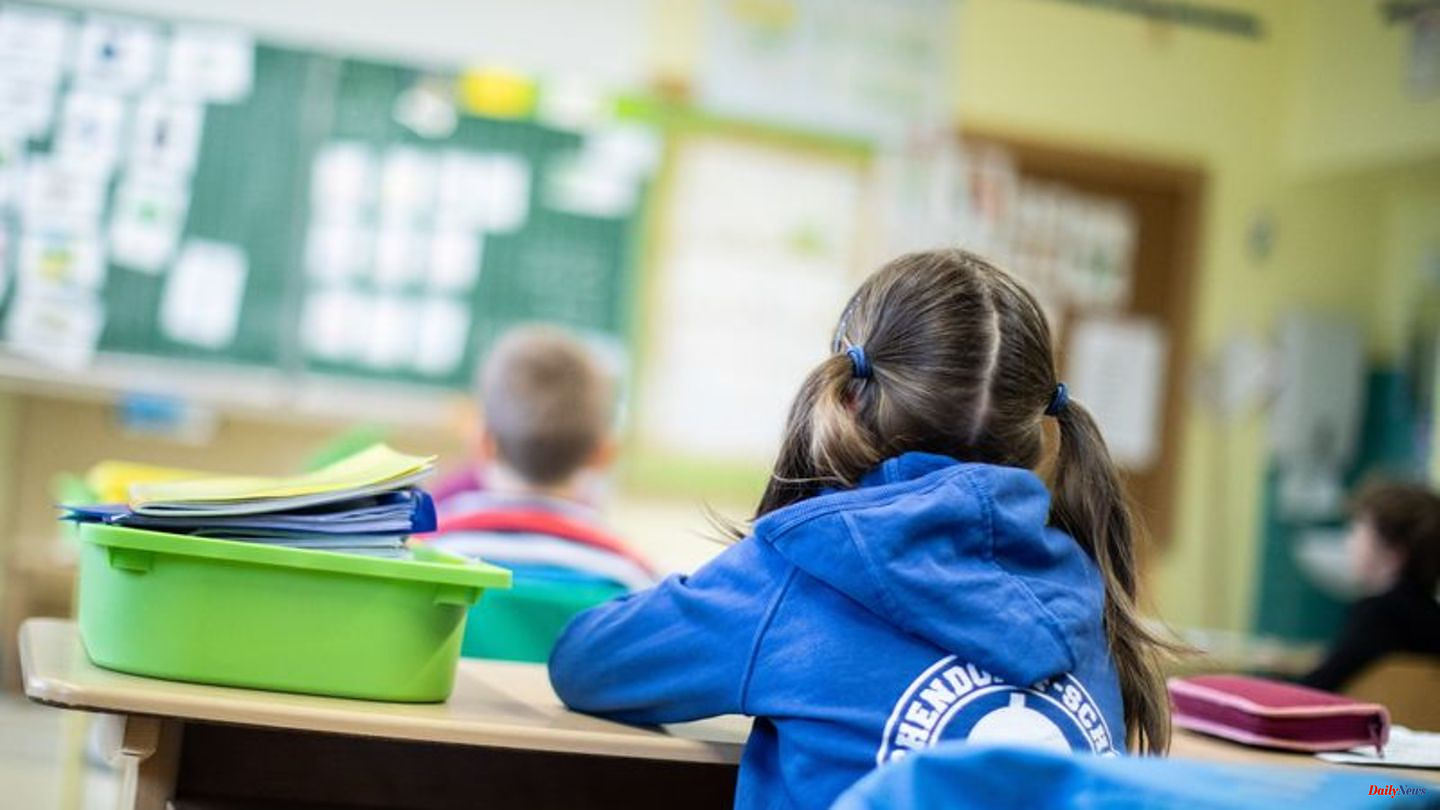After two and a half years of school under the influence of the corona pandemic, educational associations see the danger of permanent learning deficits and criticize the political countermeasures as insufficient.
"The deficits that accumulated among many students due to the cancellation of classes and distance learning in the Corona years are still significant," said the President of the German Teachers' Association, Heinz-Peter Meidinger, to the editorial network Germany (RND).
"Politicians are currently glossing over this fact by lowering requirements, facilitating exams and making it difficult or even prohibiting sitting down." In the end, there are even more good grades in case of doubt, but important skills are not taught sufficiently, said Meidinger. "But the gaps in math, German and foreign languages could fall on the toes of a whole generation of students for the rest of their lives."
Increasing math and German problems
A regularly conducted study (IQB-Bildungstrend), which was presented by the Kultusministerkonferenz (KMK) at the beginning of the month, showed, for example, that elementary school children are increasingly having math and German problems and that their skills have fallen significantly in a ten-year comparison. According to the authors, the corona restrictions in schools are “at least partly” responsible for this.
Meidinger criticized the so-called Corona catch-up program that the federal government had launched in 2021. This only works insufficiently, has to be increased financially and continued for years if it is to be really effective, he said.
"Need targeted support for schools in difficult situations"
The Education and Science Union (GEW) also sees deficits in the catch-up program. It does not reach where it is most needed, namely with the disadvantaged children and young people. "Unequals must be treated unequally instead of distributing funds with the watering can. We need targeted support for schools in difficult situations," said GEW board member Daniel Merbitz. School social work in particular must be firmly anchored.
The state ministers of education had recently called for this program to be extended and increased by a further 500 million euros. Federal Education Minister Bettina Stark-Watzinger reacted cautiously. The two billion have not yet been fully spent.
Like the GEW, the FDP politician instead advocates supporting schoolchildren "very specifically" and refers in this context to the so-called start opportunities program that the traffic light coalition is planning. With this program, 4,000 schools "in a particularly difficult environment" are to be supported nationwide in the coming years with more money, additional social workers and better infrastructure. Stark-Watzinger has announced more details here for the fall.












